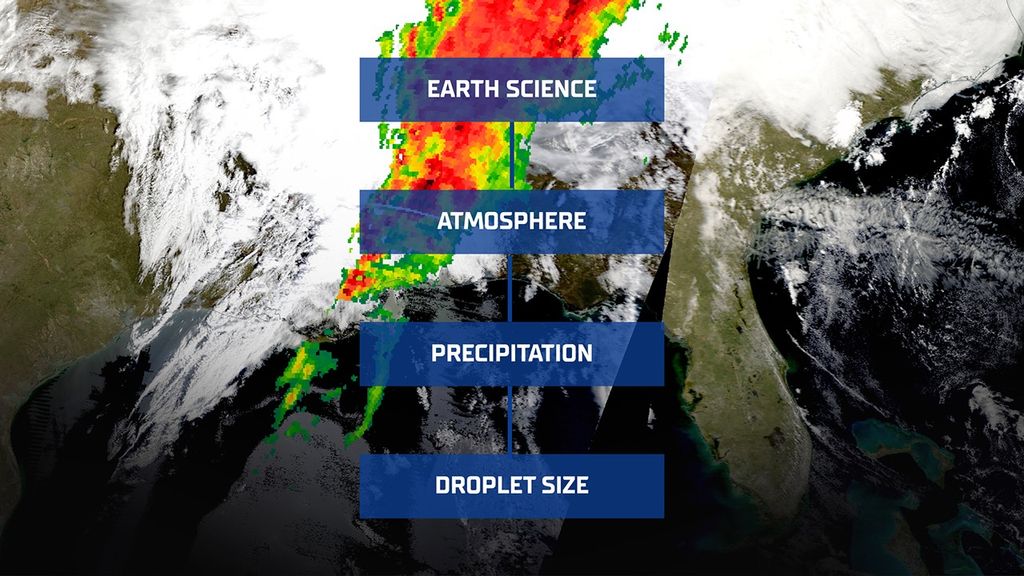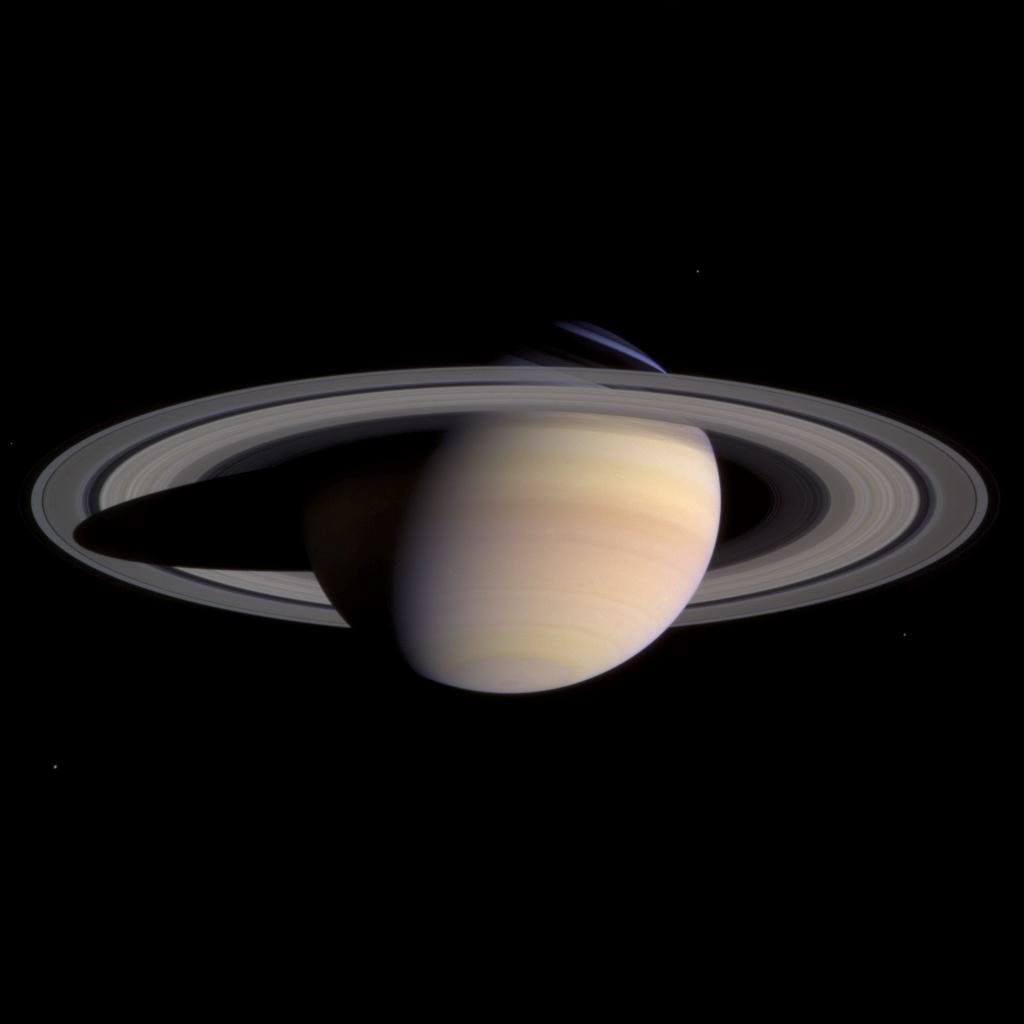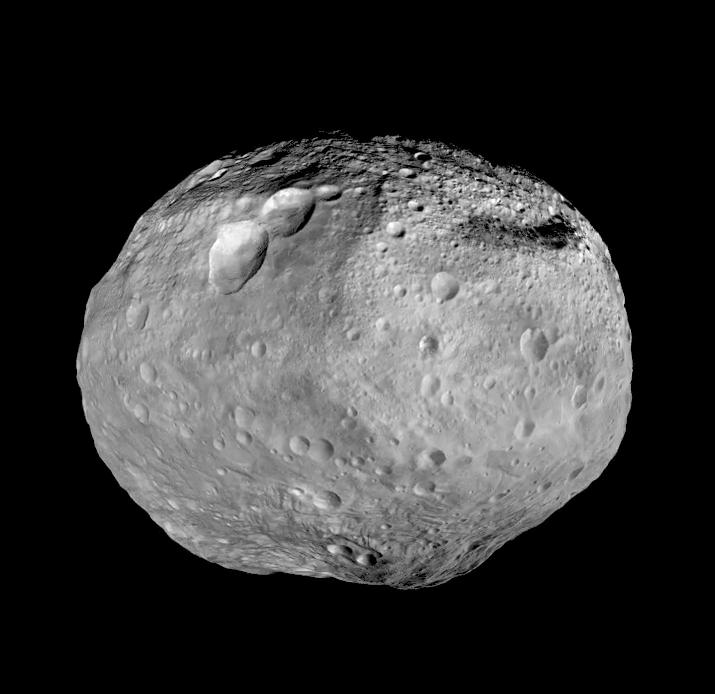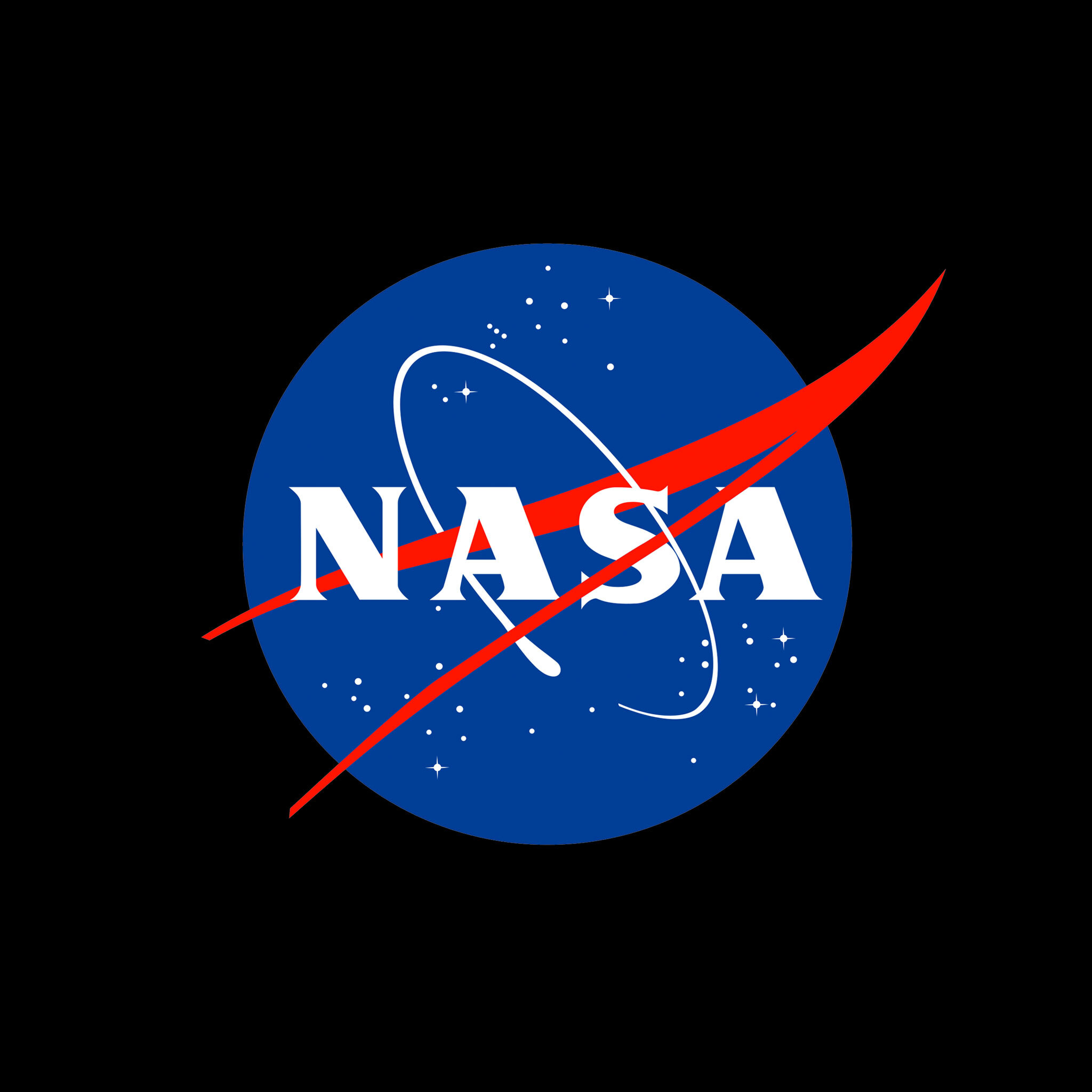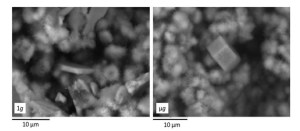ROSES-17 Amendment 47 adds two exclusions, removes one requirement and delays the due date for mandatory NOIs.
The Astrophysics Research and Analysis (APRA) Program solicits basic research proposals for investigations that are relevant to NASA's programs in astronomy and astrophysics and includes research over the entire range of photons, gravitational waves, and particle astrophysics. Awards may be for up to four years’ duration (up to five years for suborbital investigations), but shorter-term proposals are typical; four-year or five-year proposals must be well justified. Proposals for suborbital investigations are particularly encouraged. APRA investigations may advance technologies anywhere along the full line of readiness levels, from Technology Readiness Level (TRL) 1 through 9. The emphasis of this program element is on technologies and investigations that advance NASA astrophysics missions and goals.
This amendment makes four changes (1) it excludes technology development for missions with funded technology lines and/or that are in or past Phase A, see the last bullet in the list of Specific Considerations and Exclusions in Section 1.2, (2) mission concept studies are excluded from proposals in the "Supporting Technology" category, see Section 1.2.3, (3) it adds Section 2.5, noting that the MSFC x-ray test facilities are directly supported so PIs may no longer need to include this in their budget, and (4) the due date for mandatory NOIs has been changed to January 25, 2018. The due date for proposals remains March 15, 2018. New text is in bold.
Main NASA point of contact concerning this program is Michael Garcia, who may be reached via email at Michael.R.Garcia@nasa.gov. Questions about specific discipline areas may be directed to the program officers listed at the end of the D.3 APRA program element text.













